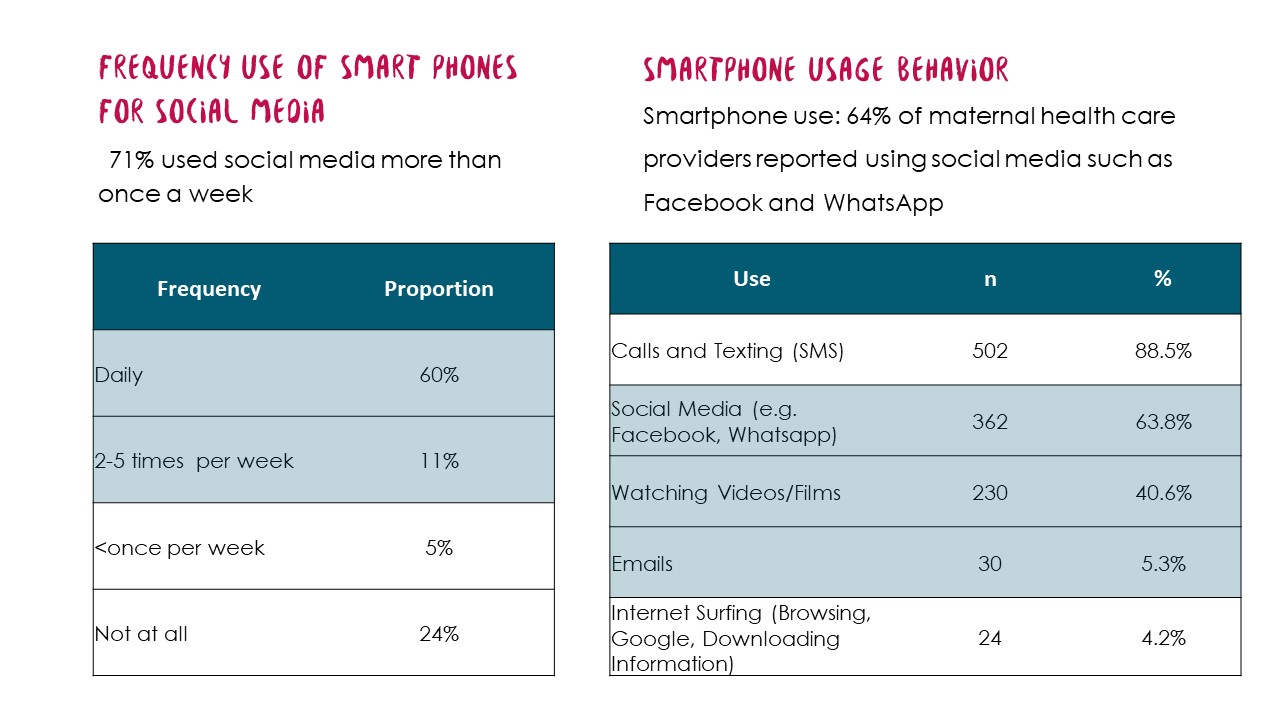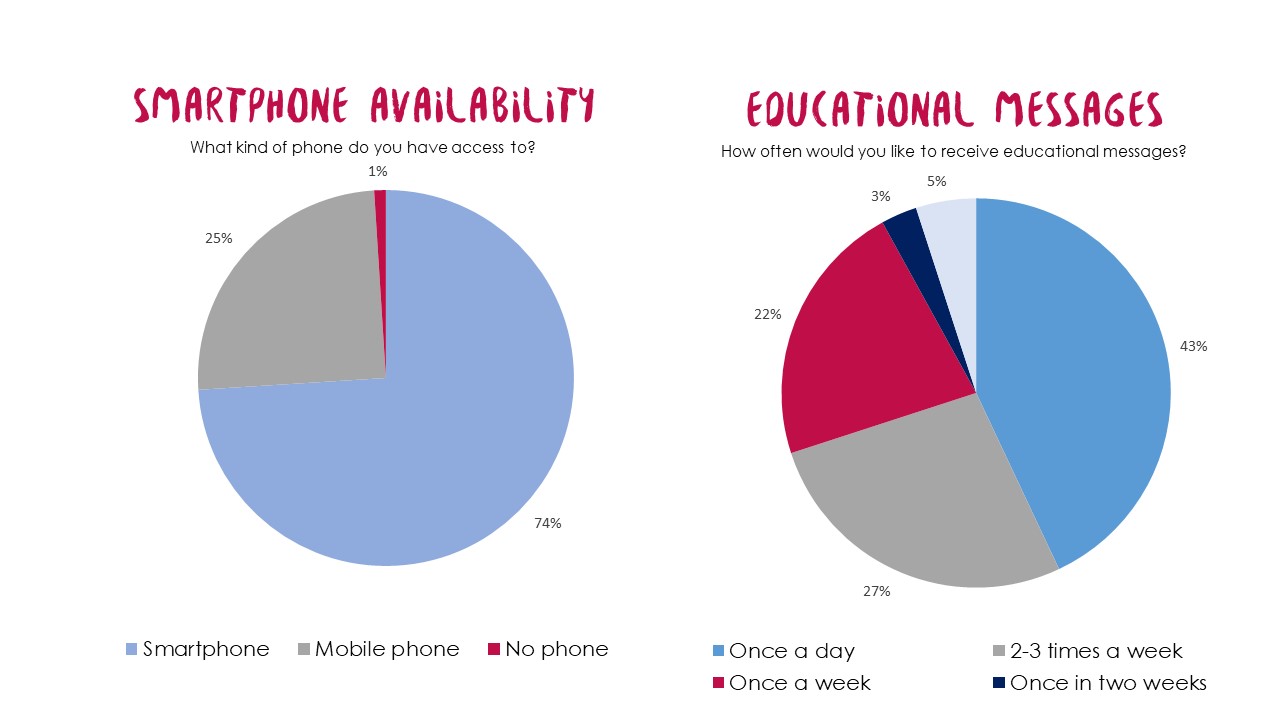Educational programs in Kenya
 Kenya
Kenya[mapplic id=”1368″]
Partners
Moving from project implementations to a more coherent national program, two partnerships have been established. Africa’s largest international health NGO, Amref, has implemented the Safe Delivery App in the Samburu region in BEmONC trainings led by master trainers. Another project started in 2016 with the Liverpool School of Tropical Medicine in Kenya who implemented the App in a pre-service education program targeting both lecturers and students as part of a feasibility survey around the Safe Delivery App.
Project set-up
Through the partnership with Amref, over 140 nurses use the App to date with a goal of 300 nurses. Moreover, Amref has been implementing the SDA as a pre-service instruction tool in Nairobi at their training school for nurse midwives. The Liverpool School of Tropical Medicine has carried out a cross sectional study focusing on feasibility of use and downloading LSTM introduced the SDA to 169 midwives and 244 university student doctors in pre-service settings. Liverpool School of Tropical Medicine currently includes the App in supportive supervision in 14 Kenyan Medical Training Colleges and one university.
Results
A multi country cross sectional study in Kenya, Sierra Leone and Nigeria was carried out by Liverpool School of Tropical Medicine from June to December 2016 to assess the feasibility of The Safe Delivery App. The availability and use of smartphones was explored among maternal care providers as well as the interest in receiving educational messages via the phone. The reasons to successful and un-successful downloads of the Safe Delivery App were also addressed to discover strengths and weaknesses of the mHealth tool. Focus here is on findings from Kenya.
In Kenya, the study targeted 106 health care workers and found that almost 75% of the target group (frontline maternity care providers) own a smartphone. 25% report having ordinary mobile phones. Almost all maternal care providers (98%) said they would like to have an app that send them educational messages on maternal health via smartphone. 43% of the sample across the 3 settings said that they would like to receive educational messages once every day whereas 27% reported that 2-3 times a week would be appropriate. A good proportion use smart phone functions compatible with an educational app – 64% reported using social media such as Facebook and WhatsApp. Of those who used these smartphone functions, more than half used them every day – a positive indicator of usage indicating the opportunity to introduce a clinical app as tool that must be used frequently to grow knowledge and skills.
The concerns about using an mHealth tool in Kenya included costs i.e. data bundles, using up phone memory, privacy and personal data security, lack regular internet access including wifi issues. Only 53% of the health workers in Kenya managed to download the app via wifi which underscores the need for a solution that works offline once downloaded.





